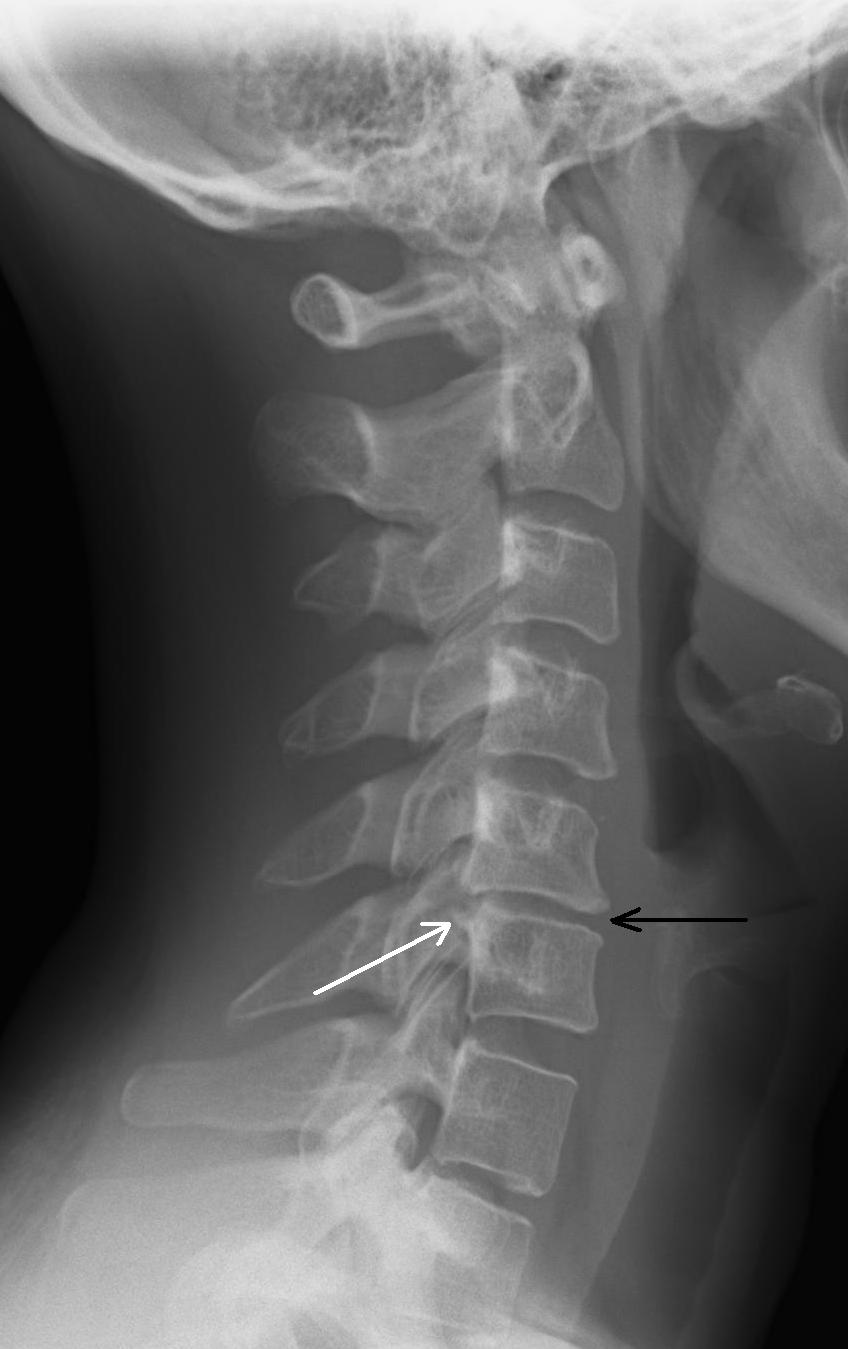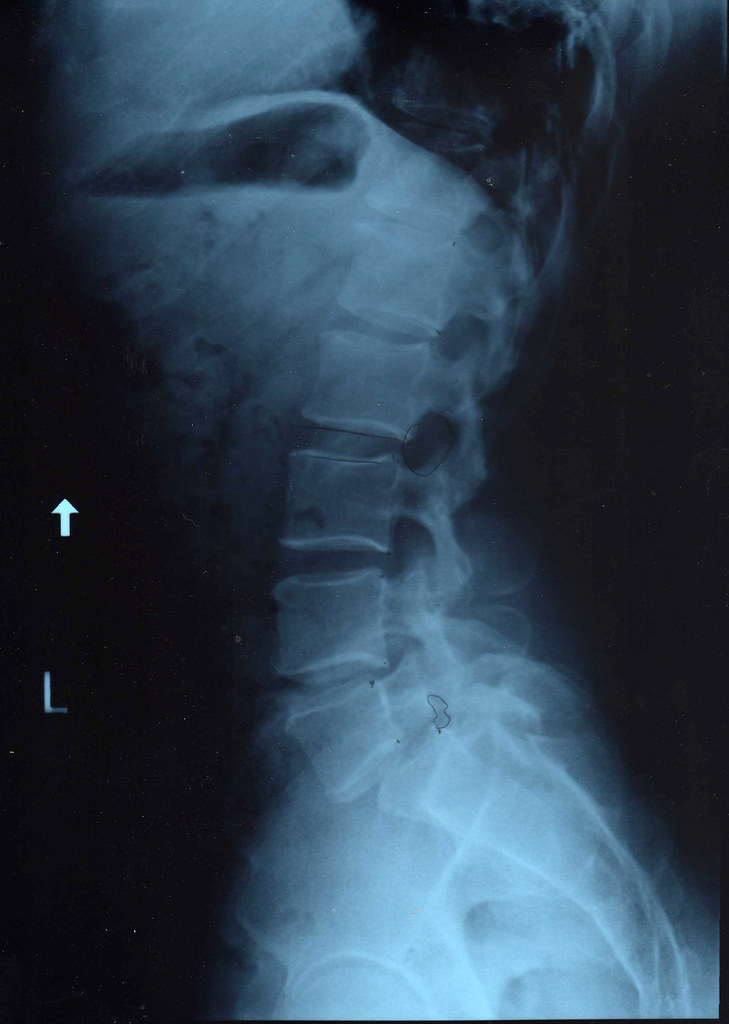


Nerve tests indicate if your nerves are being pinched or irritated.MRI (magnetic resonance imaging) and CT (computed tomography) scans show your nerves and any abnormalities in your spinal cord.Your doctor may also test your reflexes, sensations and muscle strength.Īdditional tests can confirm the condition: You may be asked to bend in different directions to test your flexibility and to observe your spine more clearly. To diagnose kyphosis, your doctor will perform a physical exam and observe how you walk and move. Leg weakness, if the nerves in your spinal cord are being compressed.Stiffness of the spine and lack of flexibility.The most common sign of kyphosis is a rounding of your upper back. It may cause nerve problems, stiffness, chronic pain and difficulty breathing.

If the curve is mild, kyphosis may result in few issues. Spondylolisthesis – when one vertebra slips in front of another.Infectious diseases, such as tuberculosis or polio.Genetic diseases, including Marfan syndrome, muscular dystrophy, neurofibromatosis, Prader-Willi Syndrome or spina bifida.Chronic disorders, such as Paget’s disease.In adolescents, it may be diagnosed as Scheuermann’s disease, in which several vertebrae become wedged together. Kyphosis sometimes occurs alongside scoliosis, a disorder that causes a sideways curvature of the spine. Kyphosis is an abnormal curving of the spine that causes a hunched-over appearance. Spine services at Aurora Medical Center – Sheboygan County.Spine services at Aurora Baycare Medical Center.Spinal vascular malformation symptoms & treatment.Spinal neurofibroma symptoms & treatment.Spinal cord injury symptoms & treatment.Spinal compression fracture symptoms & treatment.Degenerative disc disease symptoms & treatment.Cavernous hemangioma symptoms & treatment.


 0 kommentar(er)
0 kommentar(er)
